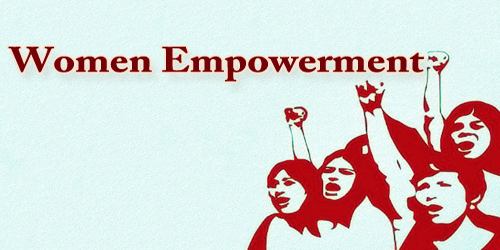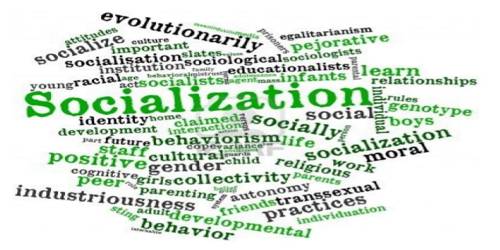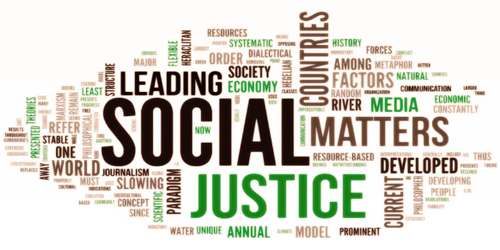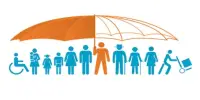Women’s Empowerment is the process of empowering women. Women’s empowerment has five components: women’s sense of self-worth; their right to have and to determine choices; their right to have access to opportunities and resources; their right to have power to control their own lives, both within and outside the home; and their ability to influence the direction of social change to create a more just social and economic order, nationally and internationally.
Empowering women to participate fully in economic life across all sectors is essential to build stronger economies, achieve internationally agreed goals for development and sustainability, and improve the quality of life for women, men, families and communities. The private sector is a key partner in efforts to advance gender equality and empower women.
Violence Against Girls and Women on a Mass Scale –
Astonishingly, the exact opposite is true on the ground. Rather than uplifting and empowering girls and women as the most powerful force for transformation and progress, horrific violence is perpetrated against them…every minute, every hour, every day.
- Every minute, 2 girls and women are raped in South Africa.
- Every hour, 48 girls and women are raped as a weapon of war in Congo.
- Every day, 3 women are killed by their male partner in the United States.
In fact, more than 100 million girl babies have been killed, aborted, and neglected to die…simply because they were girls.
Empowerment can be defined in many ways, however, when talking about women’s empowerment, empowerment means accepting and allowing people (women) who are on the outside of the decision-making process into it. “This puts a strong emphasis on participation in political structures and formal decision-making and, in the economic sphere, on the ability to obtain an income that enables participation in economic decision-making.” Empowerment is the process that creates power in individuals over their own lives, society, and in their communities. People are empowered when they are able to access the opportunities available to them without limitations and restrictions such as in education, profession and lifestyle. Feeling entitled to make your own decisions creates a sense of empowerment. Empowerment includes the action of raising the status of women through education, raising awareness, literacy, and training. Women’s empowerment is all about equipping and allowing women to make life-determining decisions through the different problems in society.
The Women’s Empowerment Principles offer practical guidance to business and the private sector on how to empower women in the workplace, marketplace and community. Developed through a partnership between UN Women and the United Nations Global Compact, the Principles are designed to support companies in reviewing existing policies and practices or establishing new ones to realize women’s empowerment.
In fact, the word “empowerment” does not exist in most languages. Although the phrase “women’s empowerment” is used pervasively in the Gender Equality & Women’s Empowerment space (and beyond), it is generally in the context of issues economic empowerment, political participation, and girls’ education.
Women empowerment has become a significant topic of discussion in development and economics. It can also point to the approaches regarding other trivialized genders in a particular political or social context. It is said that education increases “people’s self-confidence and also enables them to find better jobs and they can work shoulder to shoulder with men”. They engage in public debate and make demands on government for health care, social security and other entitlements. In particular, education empowers women to make choices that improve their children’s health, their well-being, and chances of survival. Education informs others of preventing and containing the disease, and it is an essential element of efforts to reduce malnutrition. Furthermore, it empowers women to make choices that can improve their welfare, including marrying beyond childhood and having fewer children. Crucially, education can increase women’s awareness of their rights, boost their self-esteem, and provide them the opportunity to assert their rights.
From cultural perspectives, women’s empowerment approach can be criticized for its marked Western ethnocentrism. It has incapability to relate to the cultural ethos of the countries of the East, including Indian Subcontinent. Its most severe limitation is its Western ethnocentric bias. So mired it is in the Western feminist discourse that it fails to capture the cultural reality of gender relations in the non-western part of the world. With the easy accessibility and affordability of e-learning (electronic learning), women can now study from the comfort of their homes. By empowering themselves educationally through new technologies like e-learning, women are also learning new skills that will come in handy in today’s advancing globalized world.
In recent years, blogging has also become a powerful tool for the educational empowerment of women. According to a study done by the University of California, Los Angeles, medical patients who read and write about their disease are often in a much happier mood and more knowledgeable than those who do not. By reading others’ experiences, patients can better educate themselves and apply strategies that their fellow bloggers suggest. Oftentimes, the internet is very useful as source of empowerment for women through its creation, dispersion, and utilization of hashtags (#) on social media.
Information Sources:
















